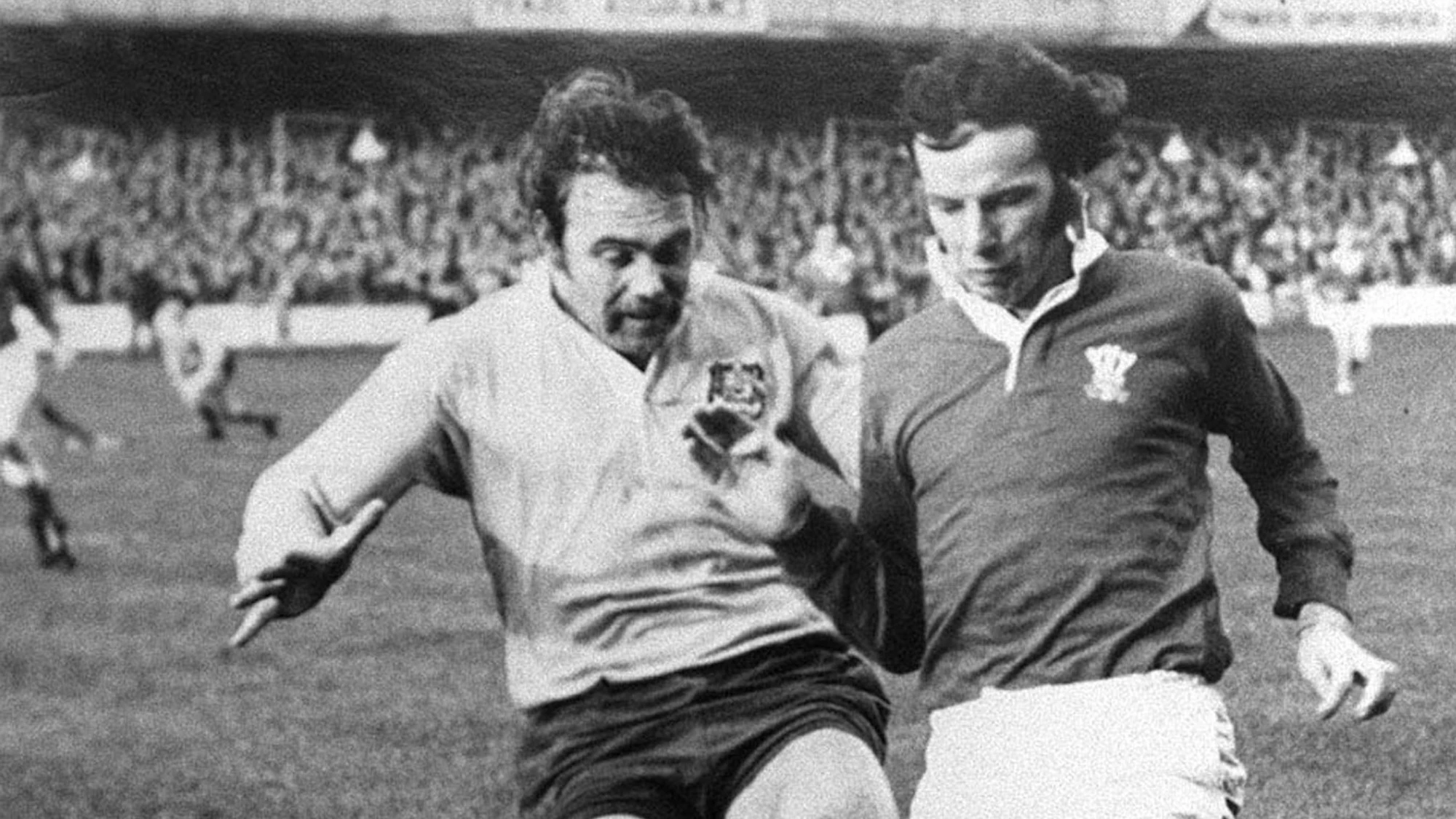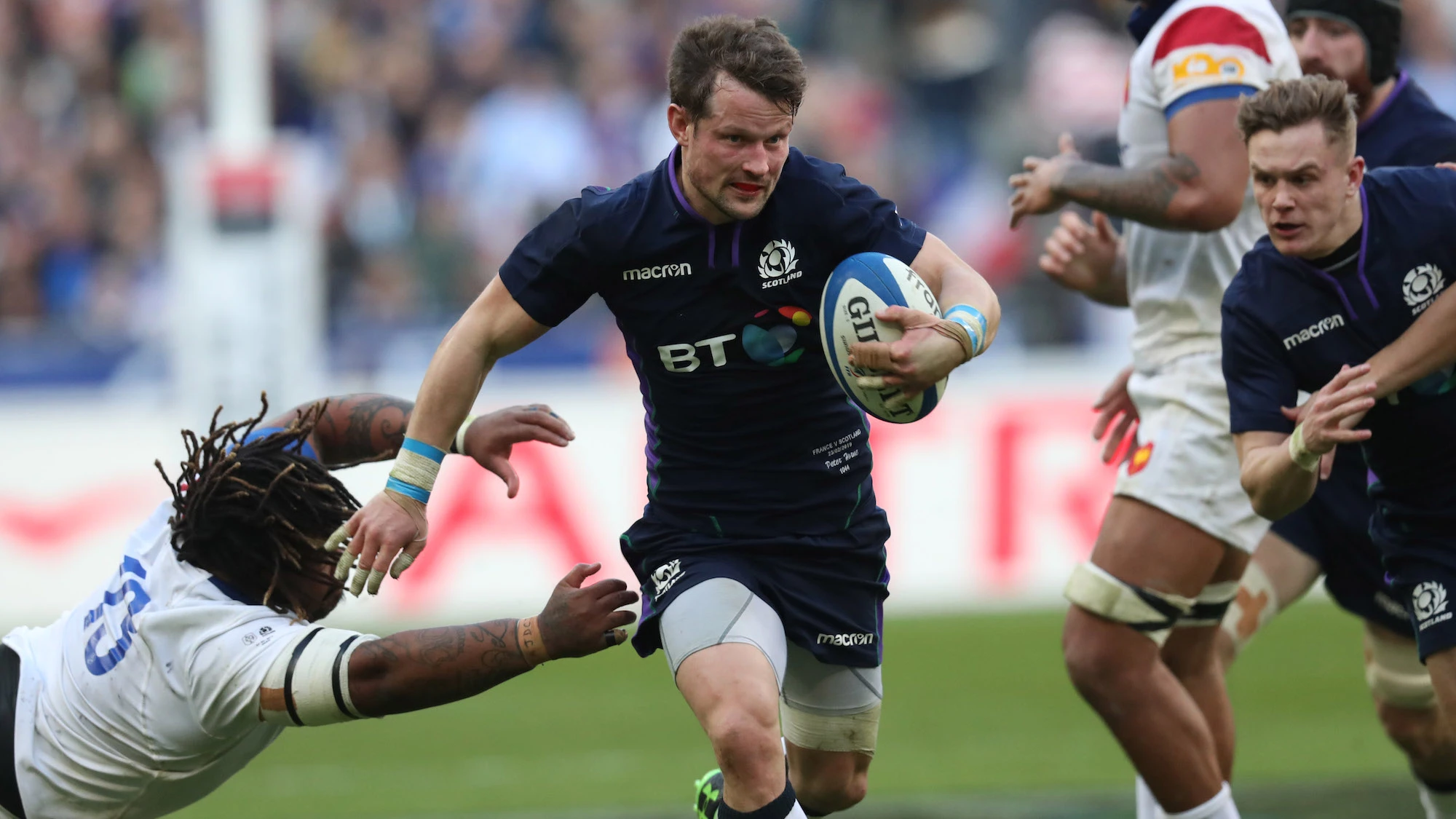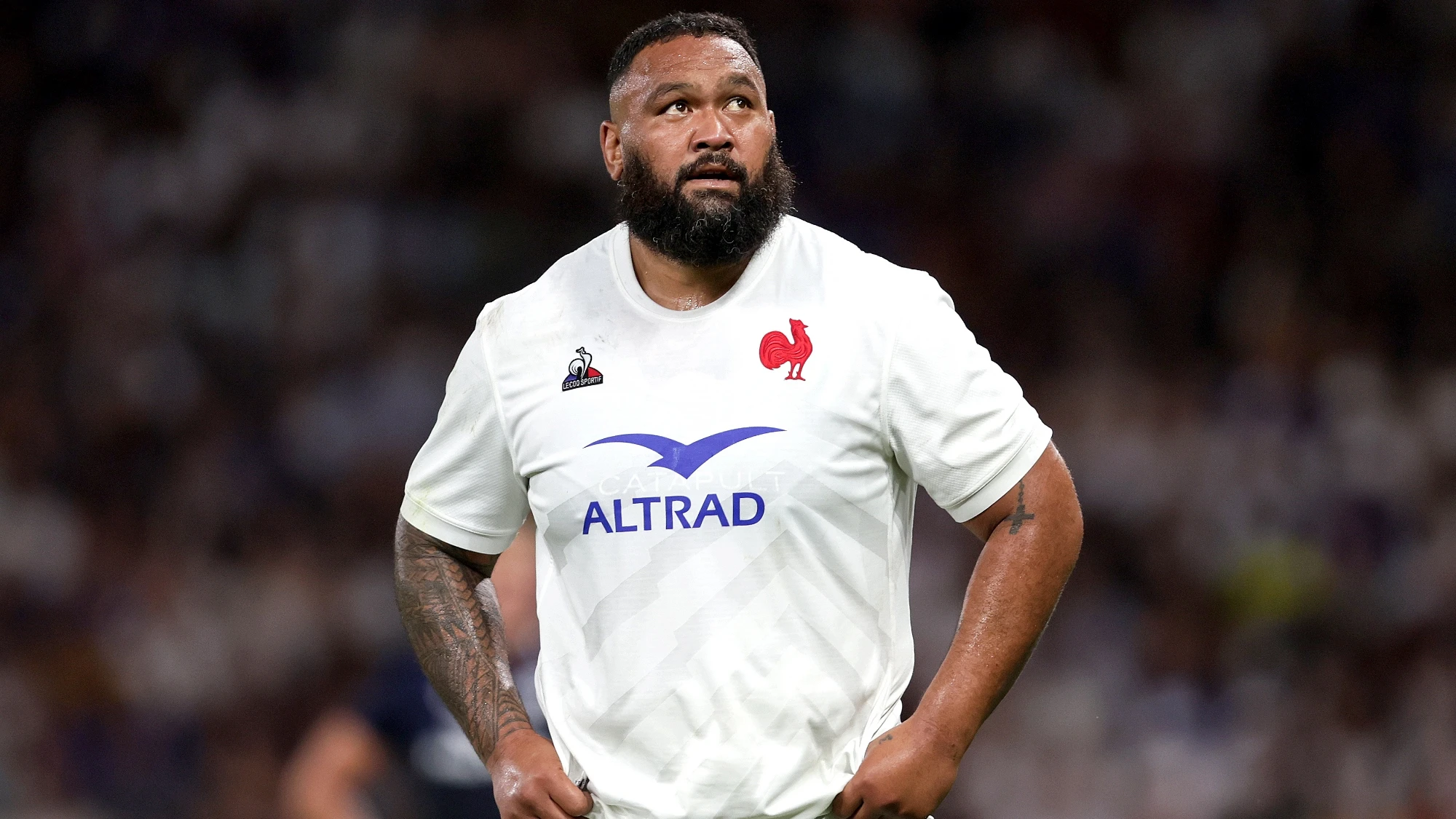Welsh rugby has been blessed with its fair share of flying wingers over the years but not many have had quite the impact of JJ Williams, who passed away this week at the age of 72.
Williams, whose speed brought him the nickname ‘The Welsh Whippet’, scored 12 tries in 30 appearances for his country and played an integral role in their dominance of the Five Nations in the late 1970s.
The former sprinter won four Championships in all, two of them Grand Slams, and also wrote his name into Lions folklore by scoring two tries in both the second and third Tests of the ‘Invincibles’ tour of South Africa in 1974 before touring again in 1977.
His former Wales teammate John Taylor remembers his first encounter with Williams – and he immediately recognised there was a serious talent on show.
“We used to have the old ‘possibles v probables’ trial games and he was in the ‘possibles’ then – this would have been in around 1971,” Taylor recalled.
“We had some quick boys back then but you knew straight away he had been an athlete. He could sustain the pace over a huge distance so if he got away, forget it.
“I don’t want to take anything away from JJ by emphasising his pace and saying he was just quick, because he was a fully-fledged all-round player.
Sir Gareth Edwards was another to point out there were further weapons than raw pace in the Williams armoury, saying this week: “A lot of people thought that JJ Williams was just a sprinter and out and out runner, but he had far more than that.
“Having been the outside-half for the Welsh schoolboys he had the ability to read the game and the knack to be in the right place at the right time.”
In addition to his on-field exploits, Williams became a popular member of a successful squad.
“We had a fantastic tour to Canada in 1973. It was the greatest fun,” Taylor said.
“This was the one tour we had where we were pretty sure we were going to win the matches, which we duly did with something to spare, and there was a real chance to further friendships.
“It was a very social tour and that’s where I got to know JJ really well. He was not a rabble rouser or huge drinker, but he joined in with everything and was enormous fun.”
Taylor’s Wales career was drawing to a close as Williams’ was beginning to take off but the pair remained close after they had each hung up their boots.
Ensuring the bonds formed on the field remained tight-knit in the years that followed was a cause close to Williams’ heart, shown most notably through his formation of the Welsh Former International Players Association around the turn of the millennium.
“The brief has been particularly focused on looking after the old amateur players who may have fallen on hard times for one reason or another, usually health-wise, and haven’t got insurance to cover those things,” Taylor explained.
“There have been some real life-changing results from some of this and it was all very much driven by JJ, who ran the organisation with a fist of iron.
“It was a very active organisation and there would be referrals from players from all generations as people got older and started to need it. He was constantly in touch with the younger generation because of that.
“He was very organised, very determined and very stubborn, in the best possible way. He wouldn’t take no for an answer unless there was very good reason.”
Such characteristics also made Williams an uncompromising addition to the BBC Wales punditry team – “he didn’t suffer fools gladly and said what he thought,” says Taylor – while he also made a success of setting up a maintenance and painting company near Bridgend.
But it is his impact within rugby which will be most remembered, evidenced by the vast array of Welsh greats who have paid tribute to Williams since the news of his death broke on Thursday.
“A wonderful rugby player and a great friend,” said his former Llanelli teammate Phil Bennett, who described his side’s primary tactic in the 1970s in simple terms: “Let’s get him the ball and he’ll score the tries for us.”
Craig Quinnell, Williams’ godson, wrote on social media: “My godfather. My friend. My mentor and a inspiration to me passed away today. He was a legend to all.”
“JJ is a big loss because he marks the passing of an era,” continued Taylor.
“There are still plenty of us around at the moment but you start to feel very mortal because it was very different in those days.
“When he went on the ’74 Lions tour, I think he lost his job. Your ambition was defined by the Lions tour so he thought ‘sod that, I’m going!’. He wasn’t going to turn down that chance.
“His legacy is being part of that ‘70s winning era for Wales and probably his biggest mark was ’74. 1971 and 1974 were the first two victorious Lions tours of the modern era and he was a huge part of that. That is probably his biggest legacy.
And when asked for a standout recollection from his time playing and socialising with one of the game’s greats, Taylor responded with a chuckle.
“The funniest one for me came on that Canada tour in 1973,” he said.
“He had scored three tries already in a Test match against Canada and I should have given him a fourth try but ran through and scored myself.
“He gave me the biggest rollocking I think I’ve ever had. ‘It’s my job to score tries,” he said, ‘you are meant to give me the ball!’”



